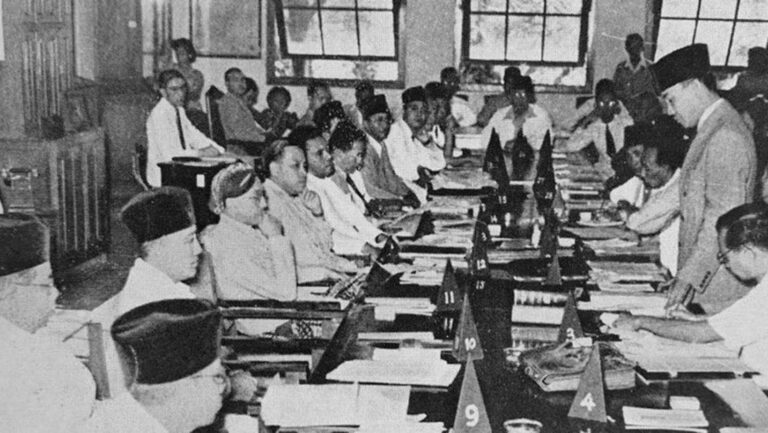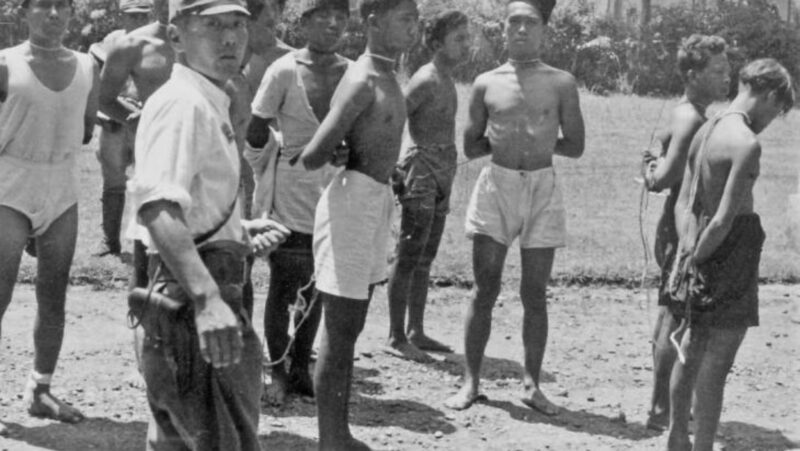Jelaskan Makna Alinea Pertama Pembukaan Undang-Undang Dasar Negara Republik Indonesia Tahun 1945
As an expert blogger, I’ll delve into explaining the meaning of the first paragraph of the preamble to the 1945 Constitution of the Republic of Indonesia Jelaskan Makna Alinea Pertama Pembukaan Undang-Undang Dasar Negara 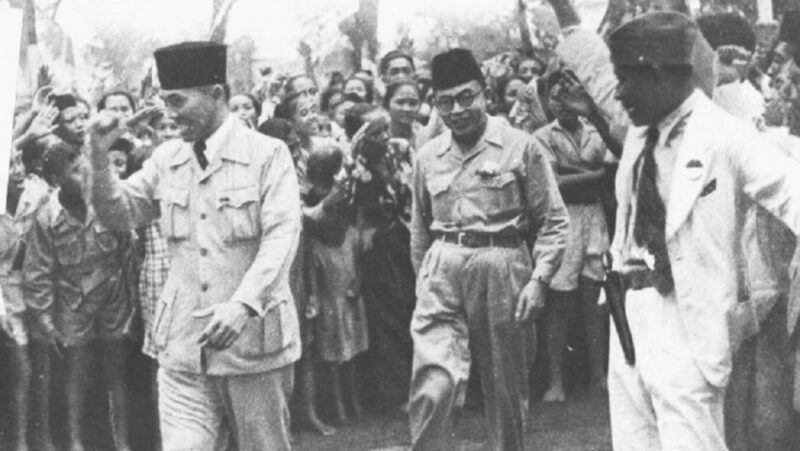
The significance of the first paragraph in the preamble lies in its role as a guiding light, Jelaskan Makna Alinea Pertama Pembukaan Undang-Undang Dasar Negara Republik Indonesia Tahun 1945 outlining the aspirations and goals of the Indonesian nation at its inception. It articulates fundamental ideals such as democracy, social justice, unity, and national resilience. Understanding this introductory passage is 
By dissecting the initial paragraph of this historic document, Jelaskan Makna Alinea Pertama Pembukaan Undang-Undang Dasar Negara Republik Indonesia Tahun 1945 we can unravel not just its literal interpretation but also grasp the essence of Indonesia’s journey towards independence and self-determination. This analysis will shed light on how these foundational principles continue to influence and shape Indonesian society and politics today.
Understanding the First Paragraph of the Preamble to the Constitution of the Republic of Indonesia of 1945
As we delve into the first paragraph of the preamble to the Constitution of Indonesia, it’s essential to grasp its 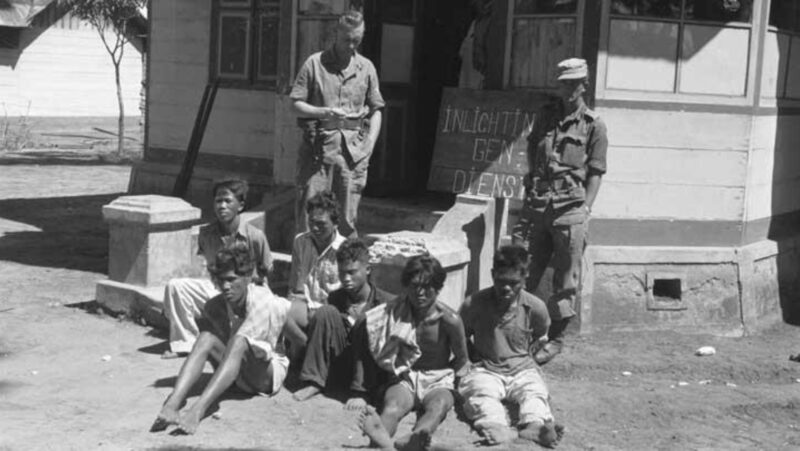
The opening lines eloquently express reverence for “THE SUPREME GOD,” emphasizing Indonesia’s acknowledgment of a higher power and religious diversity within its society. By invoking this universal spiritual belief, the preamble underscores the importance of faith as a unifying force that transcends cultural differences among Indonesians.
Furthermore, the reference to “JUSTICE” underlines Indonesia’s commitment to upholding fairness and equality for all its citizens. The mention of social justice reflects a core principle embedded in Indonesian governance, striving towards creating an inclusive society where every individual is entitled to basic rights and opportunities without discrimination.
Moreover, by mentioning “UNITY” in diversity, Indonesia celebrates its rich tapestry of cultures, languages, and 
In essence, this inaugural paragraph sets a harmonious tone for the Indonesian Constitution by highlighting fundamental pillars such as spirituality, justice, unity in diversity—serving as guiding beacons that define Indonesia’s national ethos and aspirations since its inception.
Historical Context of the Preamble
As I delve into the historical context surrounding the preamble of the Constitution of the Republic of Indonesia from 1945, it’s crucial to comprehend the backdrop against which this foundational document was crafted. The opening paragraph symbolizes a pivotal moment in Indonesian history, encapsulating the aspirations and struggles of a 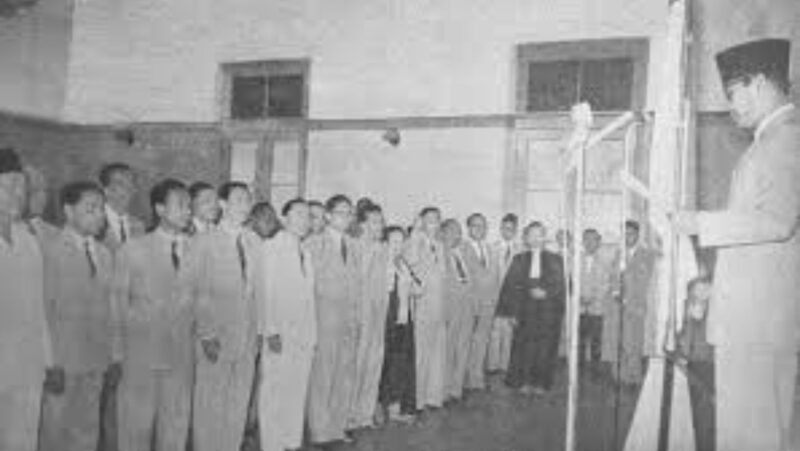
During the tumultuous period leading up to Indonesia’s declaration as an independent republic, various social, political, and economic forces were at play. The preamble served as a unifying force, consolidating diverse voices and ideologies into a singular vision for a free and sovereign nation. It reflected not only the collective will of the Indonesian people but also drew inspiration from global movements advocating for liberty and equality.
Against the backdrop of colonization and foreign domination, each word in the preamble resonated with defiance and resilience. The first paragraph set the tone for a constitution that would safeguard fundamental rights, promote social justice, and enshrine national unity. It was a manifesto of hope amidst uncertainty, signaling Indonesia’s commitment to building a democratic society founded on principles of freedom, humanity, and justice.
The preamble’s significance extends beyond its textual representation; it embodies the spirit of struggle and sacrifice that defined Indonesia’s journey towards independence. By exploring the historical context surrounding this introductory statement, we gain insight into the challenges faced by early Indonesian nationalists and appreciate their enduring legacy in shaping modern Indonesia as a pluralistic democracy rooted in Pancasila principles.
Analysis of the First Paragraph
Exploring the significance of the opening paragraph of the Constitution of the Republic of Indonesia in 1945, I delve into its profound implications. The initial paragraph serves as a foundational cornerstone, encapsulating the essence and aspirations of a nation striving for unity and sovereignty.
The preamble sets forth a compelling narrative, delineating a vision for a just and civilized society. It articulates principles aimed at fostering harmony among diverse communities while upholding democratic values. This resonates strongly with Indonesia’s historical struggle for independence and its commitment to social justice.
As we dissect each phrase meticulously, we uncover layers of meaning that underscore the constitutional 
Embedded within this introductory passage are echoes of resilience and determination, echoing the spirit of Indonesia’s journey towards self-determination. By analyzing these foundational elements, we gain insight into not just legal doctrine but also cultural ethos woven into the fabric of Indonesian identity.
In essence, the inaugural paragraph symbolizes more than just legislative prose; it embodies a testament to a nation’s resolve to chart its course amidst challenges and triumphs. Understanding its nuances is pivotal to grasping the ethos underpinning Indonesia’s constitutional heritage — a tapestry rich with history, diversity, and unwavering dedication to national unity.
Relevance in the Contemporary Context
As we delve into the contemporary significance of the opening paragraph of the 1945 Indonesian Constitution, it’s crucial to acknowledge its enduring relevance in today’s society. The foundational principles articulated in this introductory segment resonate profoundly with modern challenges and aspirations. Let’s explore how these timeless ideals continue to shape Indonesia’s governance and societal fabric:

The first paragraph of the constitution embodies Indonesia’s unwavering commitment to preserving its national identity amidst a rapidly changing global landscape. In an era marked by cultural homogenization and globalization, this emphasis on national sovereignty and unity serves as a guiding beacon for policymakers and citizens alike.
Ensuring Democratic Values:
Embedded within the opening lines is a steadfast dedication to democracy, underscoring the importance of popular sovereignty and participatory governance. As Indonesia navigates complex political transitions and societal transformations, these democratic principles outlined in 1945 remain instrumental in fostering inclusive decision-making processes.
Central to the constitutional preamble is a call for social justice, equality, and human rights – fundamental pillars that underpin a just and equitable society. In an age characterized by persistent socio-economic disparities and evolving notions of equity, these values provide a moral compass for addressing contemporary challenges related to poverty, inequality, and marginalization.
Guiding Sustainable Development:
The vision articulated in the inaugural section sets forth a mandate for sustainable development that balances economic progress with environmental preservation. As Indonesia grapples with pressing issues such as climate change, resource management, and urbanization, the constitutional ethos of responsible stewardship resonates strongly in shaping policies that ensure long-term prosperity while safeguarding natural resources.
In essence, the opening paragraph of the 1945 Indonesian Constitution transcends temporal boundaries, offering timeless principles that continue to inform national discourse and policy formulation in an ever-evolving world. Its enduring relevance underscores Indonesia’s rich historical legacy while charting a course towards a more inclusive, just, and sustainable future.

